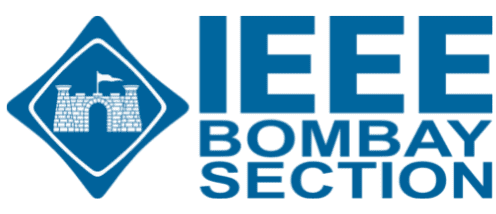Abstract:
Organic solar cells are an interesting and potentially very low cost solar conversion technology. While significant progress has been made towards improving the efficiency of organic solar cells, their stability remains a major problem. In this talk, I will discuss the device physics of organic solar cells, and show some recent data on high efficiency materials such as PTB7. I will also discuss the stability of solar cells, both intrinsic stability (changes in fundamental material properties when subjected to light) and extrinsic stability (changes in contacts etc ). It will be shown that light generates defects, both in the basic material, and at the heterojunction interface. The data show that the defects tend to saturate in time. It will also be shown that for certain materials and device structures, thermal annealing can completely reverse the defects created by light. I will also discuss hybrid devices, with inorganic semiconductors acting as electron transport layers, and show how they are much more stable than all-organic devices. Finally, I will discuss some recent work on inorganic/organic hybrid tandem cells.
Biography:
Dr. Vikram Dalal is Whitney Professor of Electrical and Computer Engineering at Iowa State University in the U.S. He is a Fellow of IEEE, AAAS and the American Physical Society in recognition of his pioneering work on thin film photovoltaic materials and devices. His research is primarily on photovoltaic energy conversion, and on energy systems. He holds a B.Engr. degree from University of Bombay, and Ph.D. in EE, and M.P.A. in Applied Economics, both from Princeton University in the U.S. He has extensive experience in research in both academia and industry, and holds 12 U.S. patents and is author of over 170 publications.
Venue :
Date & Time : 17 October 2013, 4 PM
Contact : Prof. J Vasi – vasi.juzer@gmail.com
